EU food standards to be adopted in Türkiye
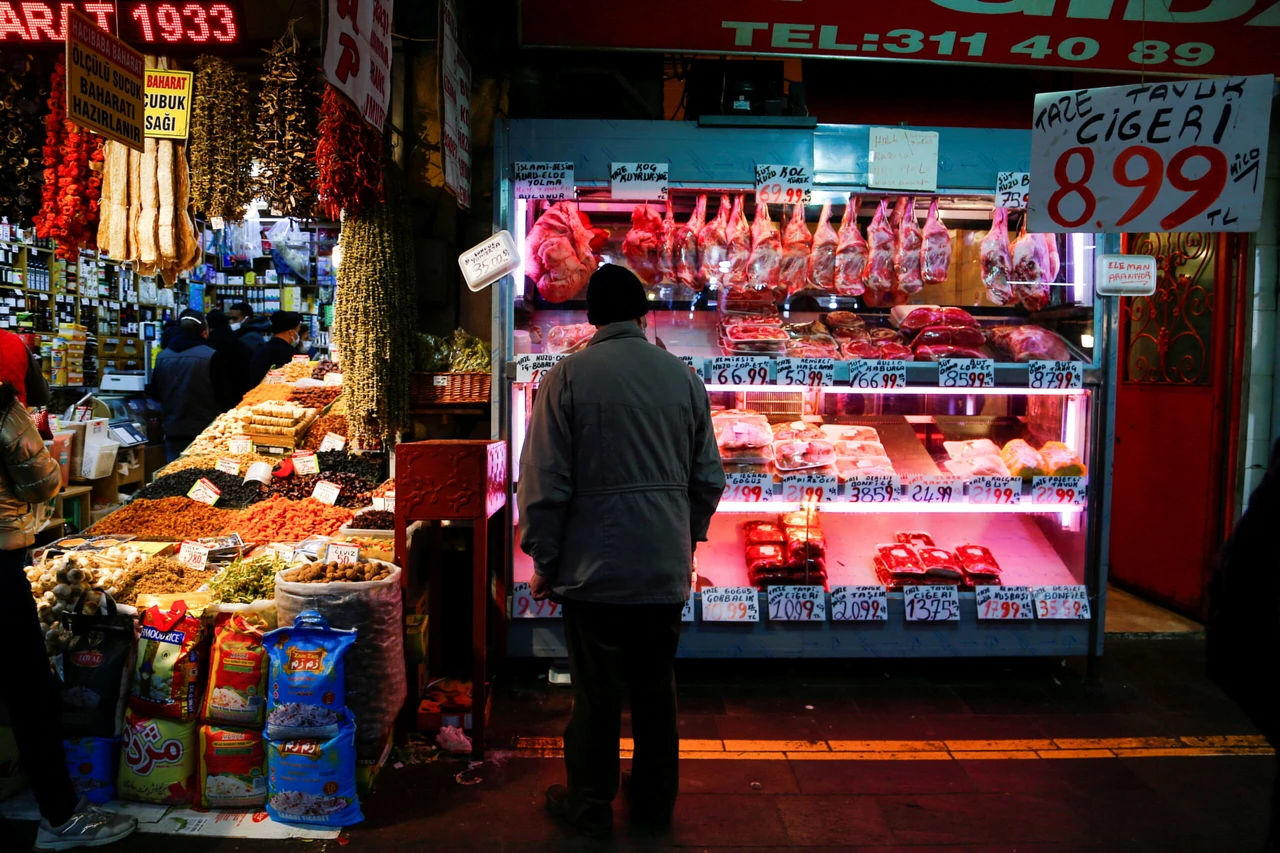 A man looks at a butcher shop window in Ankara, Türkiye February 16, 2022 (Reuters Photo)
A man looks at a butcher shop window in Ankara, Türkiye February 16, 2022 (Reuters Photo)
Türkiye is preparing to introduce new regulations that align with European Union food safety standards. The regulations, drafted by the Turkish Ministry of Agriculture and Forestry, aim to enhance the hygiene and safety of animal products, with significant changes impacting the poultry, egg, and meat industries.
Stricter hygiene rules to be adopted for animal products
According to the draft regulation, titled “Special Hygiene Rules for Animal Products,“ specific animal parts such as genital organs, windpipes, eyes and eyelids will no longer be used in the preparation of meat products. For poultry, the use of parts like combs, wattles, heads, feet, esophagus, craw, intestines and genital organs will also be prohibited.
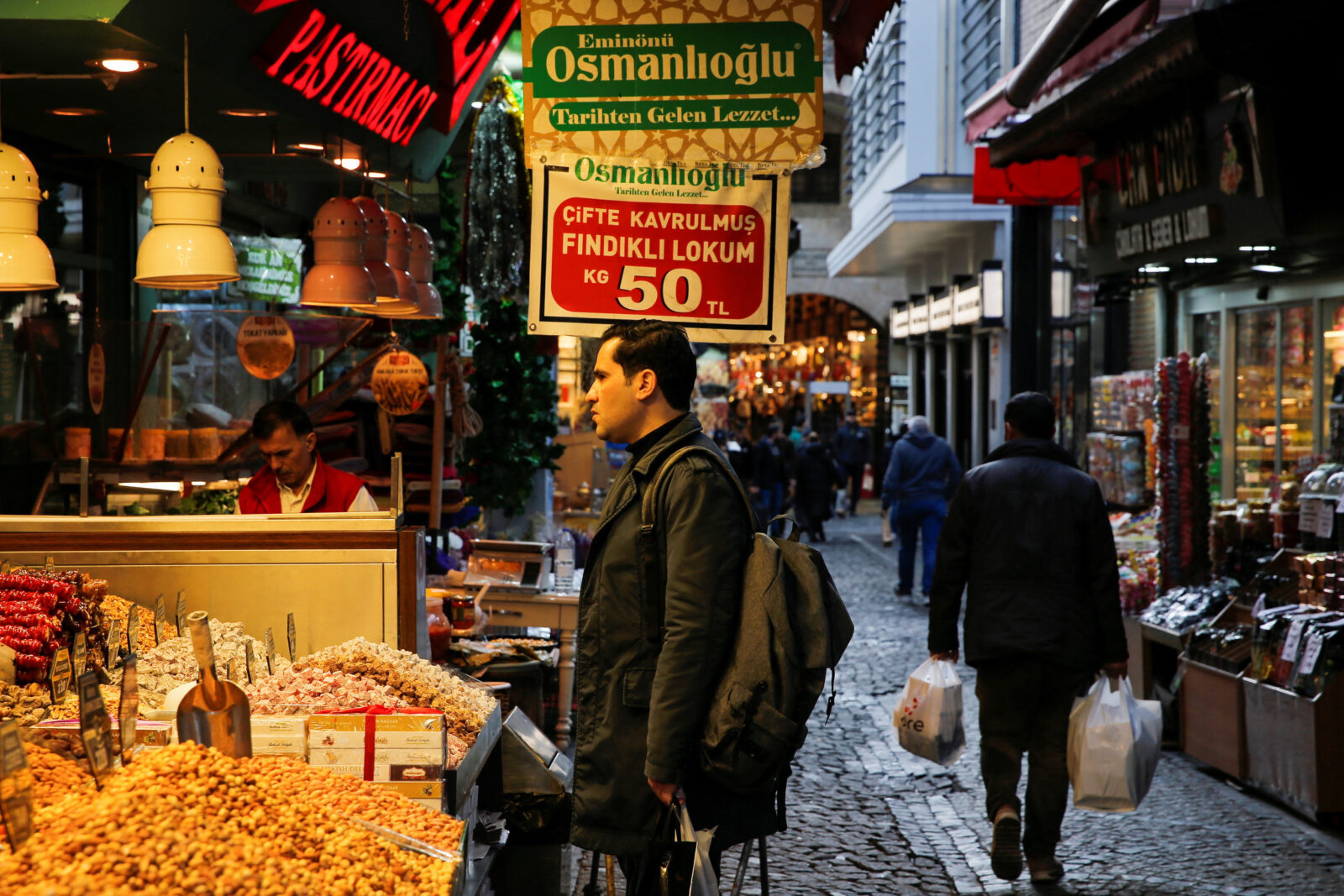
Additionally, minced meat production will face tighter restrictions. Only skeletal muscles, including fat tissue, can be used in mince, and no trimmings, bones, or skin will be allowed. Meat obtained from bone scrapings or those containing bone particles will be banned. Fresh minced meat from red meats must be prepared within six days of slaughter, while vacuum-packed boneless beef and veal mince must be prepared within 15 days.
28-day rule for egg consumption
One of the most notable changes is the introduction of a 28-day consumption limit for eggs.
The regulation stipulates that eggs must reach consumers no later than 28 days from the date of laying. Infrastructure will be developed to ensure that dirty eggs can be washed, dried, and disinfected effectively. Throughout their journey from production facilities to consumers, eggs must be kept clean, dry, free from external odors, and protected from direct sunlight and physical damage.
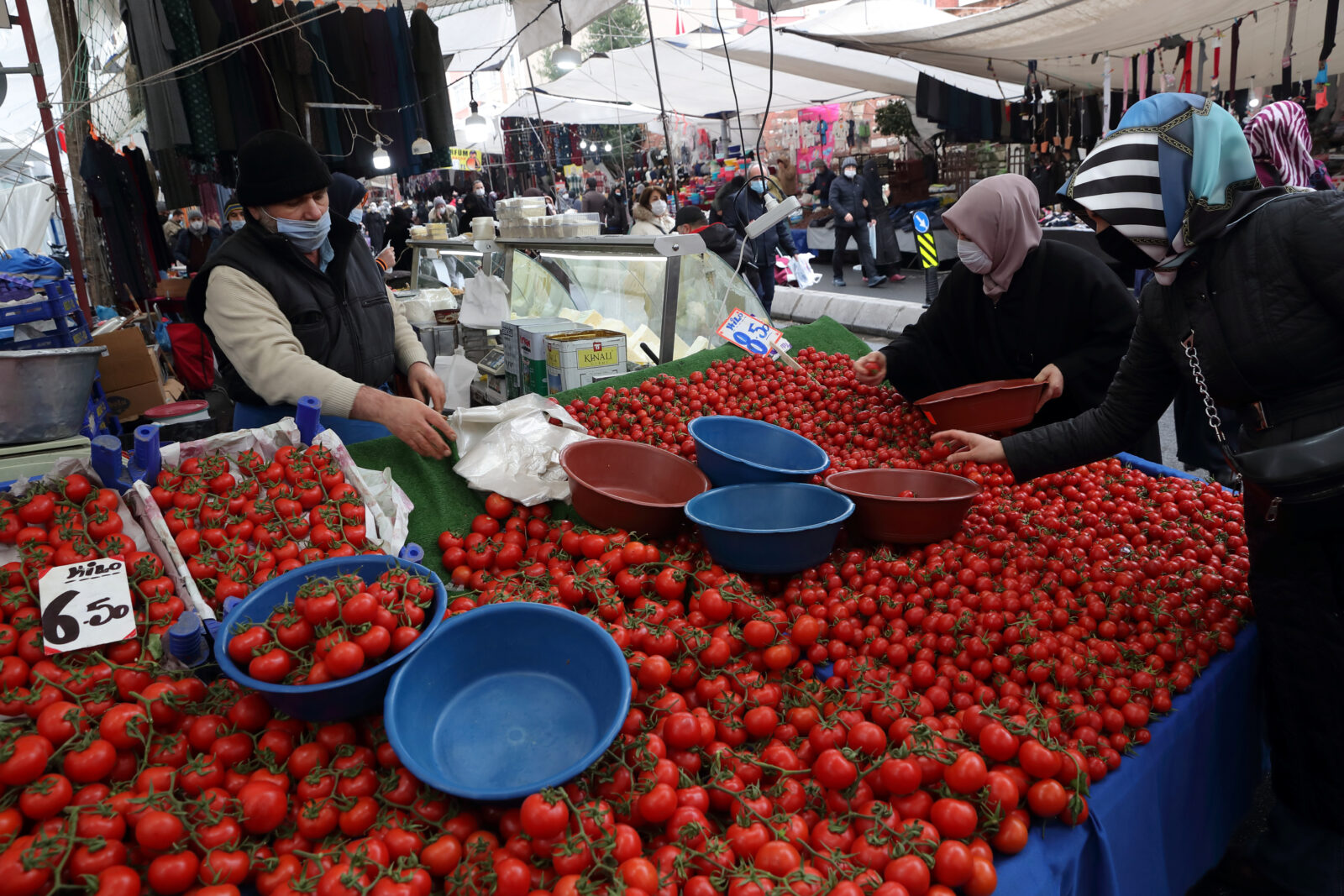
Regulations in fishing industry
The fishing industry will also face new regulations. Except for live fish, all seafood products must be cooled immediately after being loaded onto vessels.
Ships without cooling facilities are required to unload their catch as quickly as possible. Fresh fishery products will need to be stored at temperatures close to the melting point of ice.
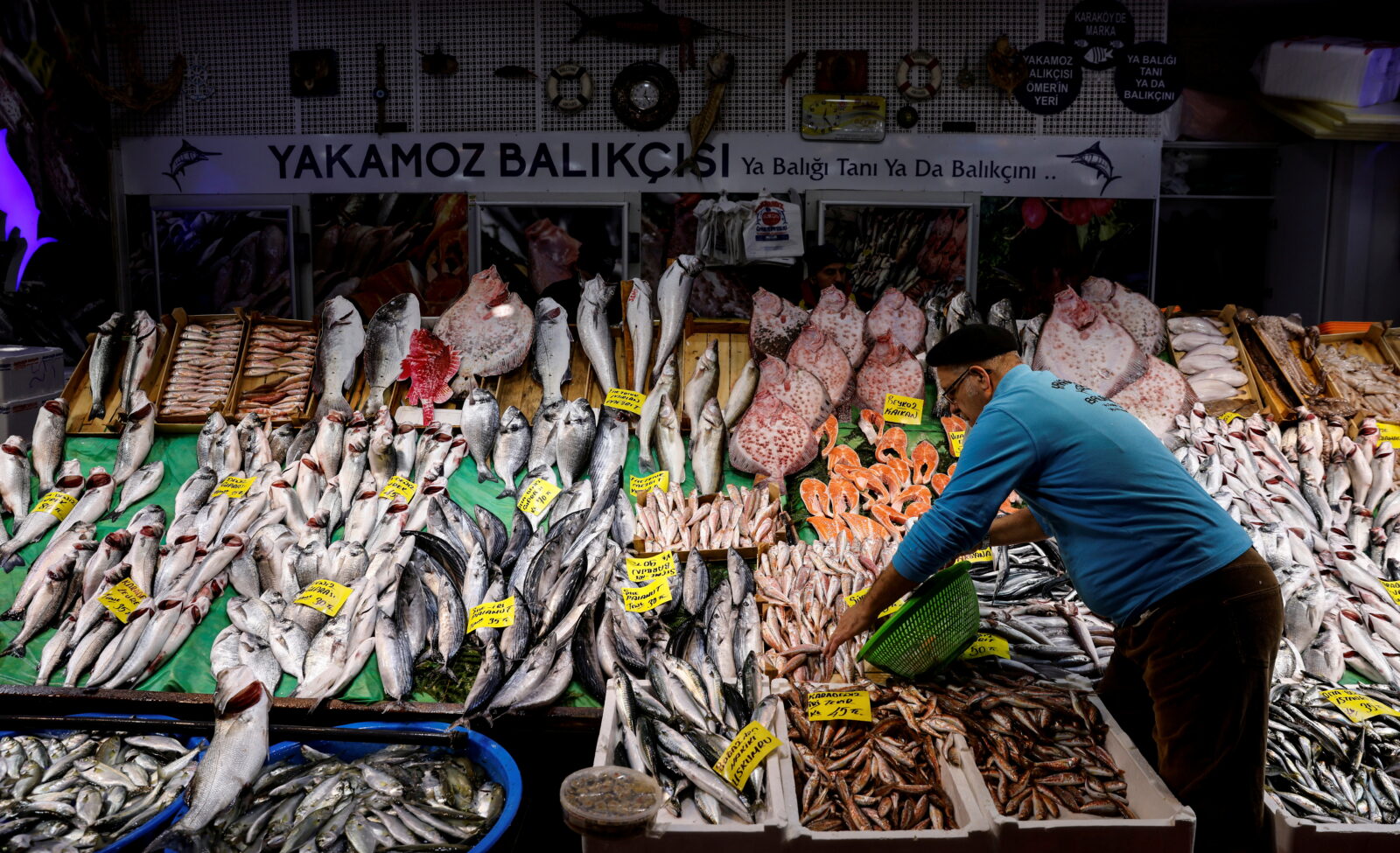
EU’s rapid alert system for food and feed for Türkiye
From June 1 till Sept. 12, the EU’s rapid alert system for food and feed (RASFF) issued 81 notifications regarding food products originating from Türkiye.
Germany issued a serious alert on Sept. 11, 2024, for S. Anatum, S. Brancaster, and S. Montevideo contamination in dog chews from Türkiye. An additional notification from Sept. 3 flagged the presence of Salmonella, in similar dog chews.
Bulgaria and Croatia rejected shipments of fresh peppers and pears from Türkiye due to high levels of pesticides, including acetamiprid, pyriproxyfen, and formetanate. These rejections, marked as serious, occurred on Aug. 30 and Sept. 11, 2024. Further, elevated pesticide levels were detected in vine leaves from Türkiye in Germany.
Germany and the Netherlands flagged vegetable oil from Türkiye containing mineral oil aromatic hydrocarbons (MOAH) and pyrrolizidine alkaloids in oregano. Additionally, Sudan dyes and aflatoxins were found in curry powder and spice mixtures, posing potentially serious risks.
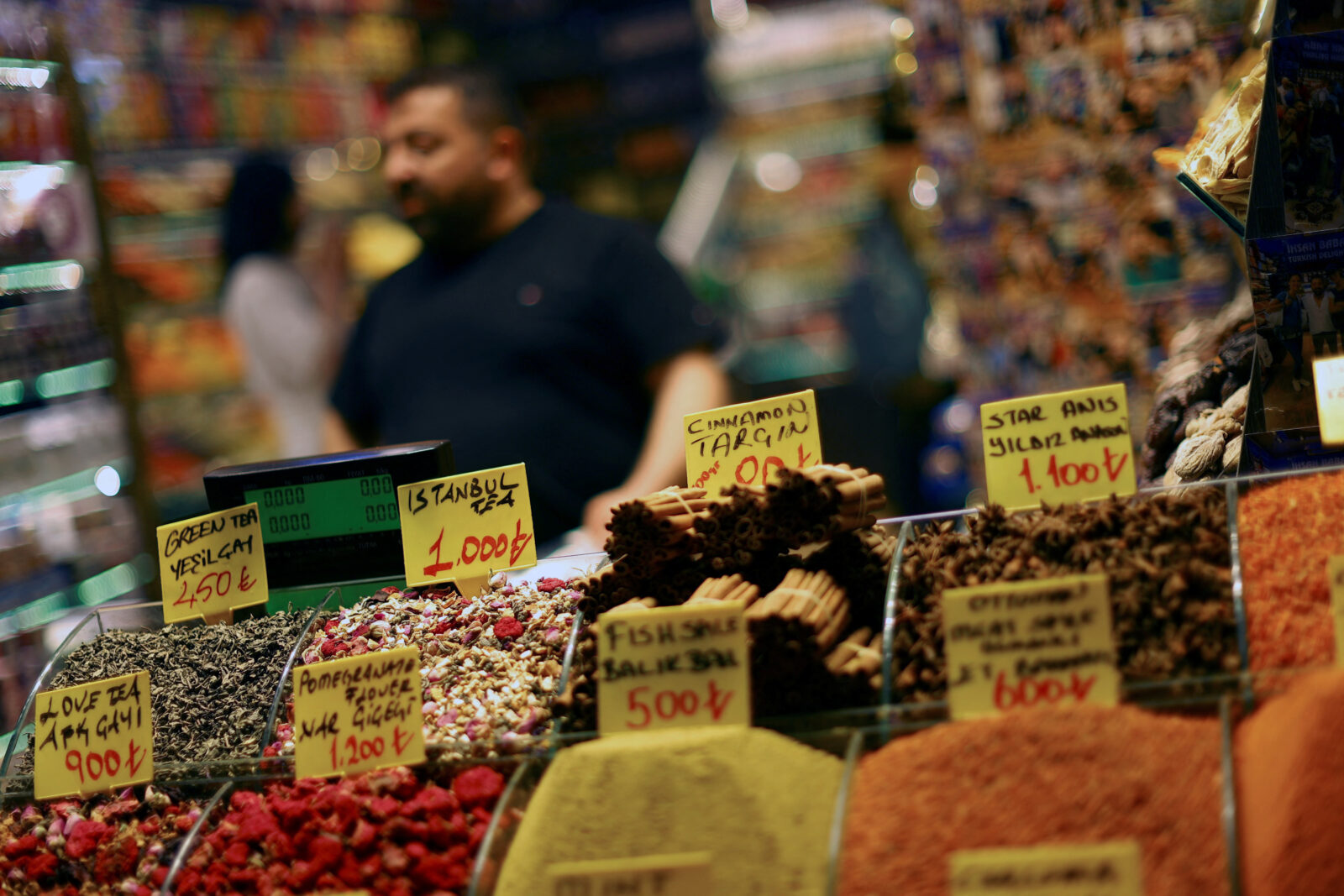
Halva and other food products
Germany alerted authorities to salmonella telelkebir contamination in Turkish halva on Aug. 30, 2024. Another serious rejection involved dried figs containing Ochratoxin-A in the Netherlands.
Reports also highlight sibutramine in Turkish food supplements in Spain, lead and phthalates in Turkish pizza boxes in France, and aflatoxins in pistachios in Switzerland.



